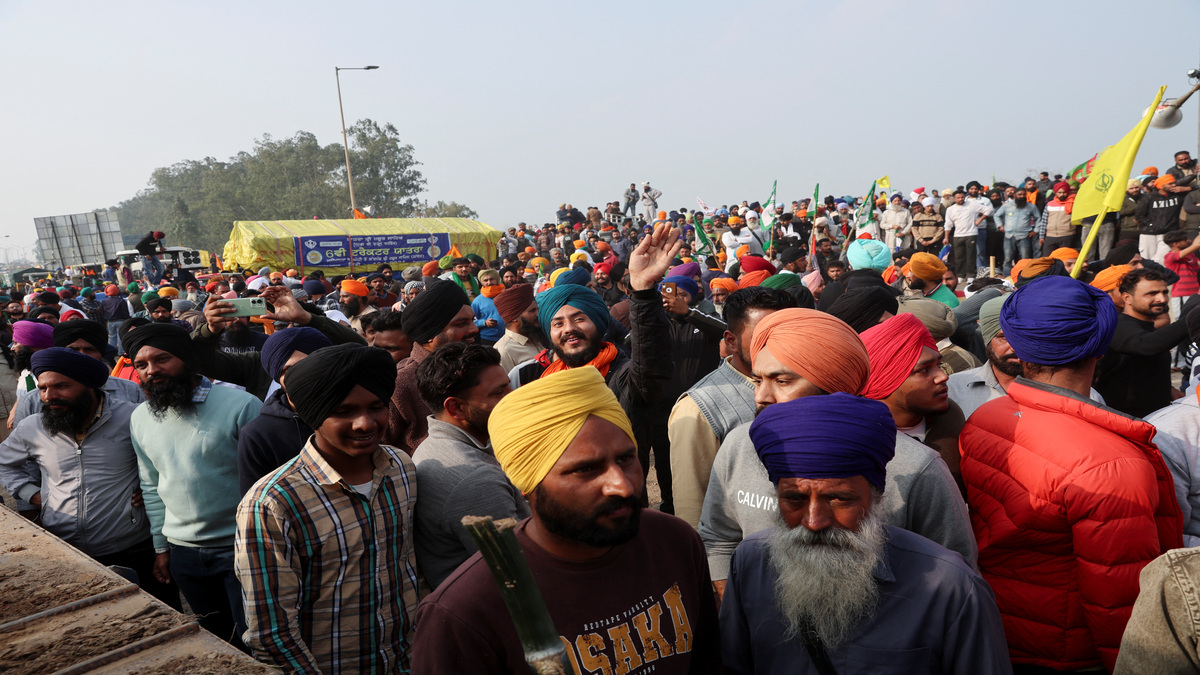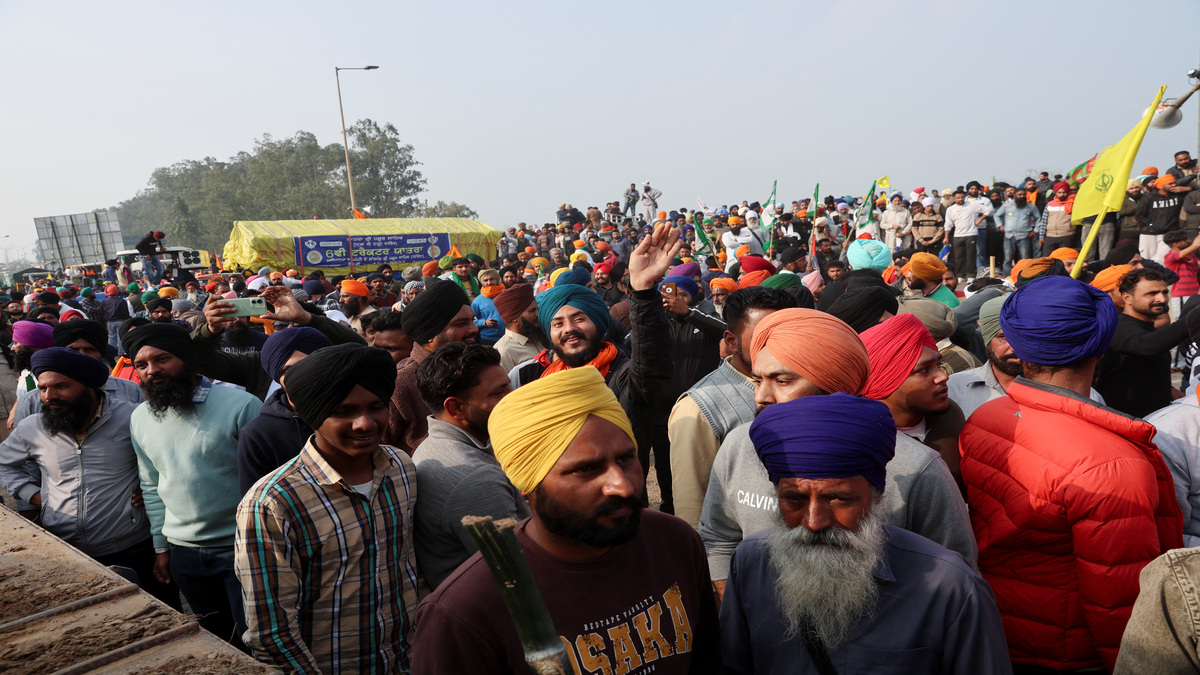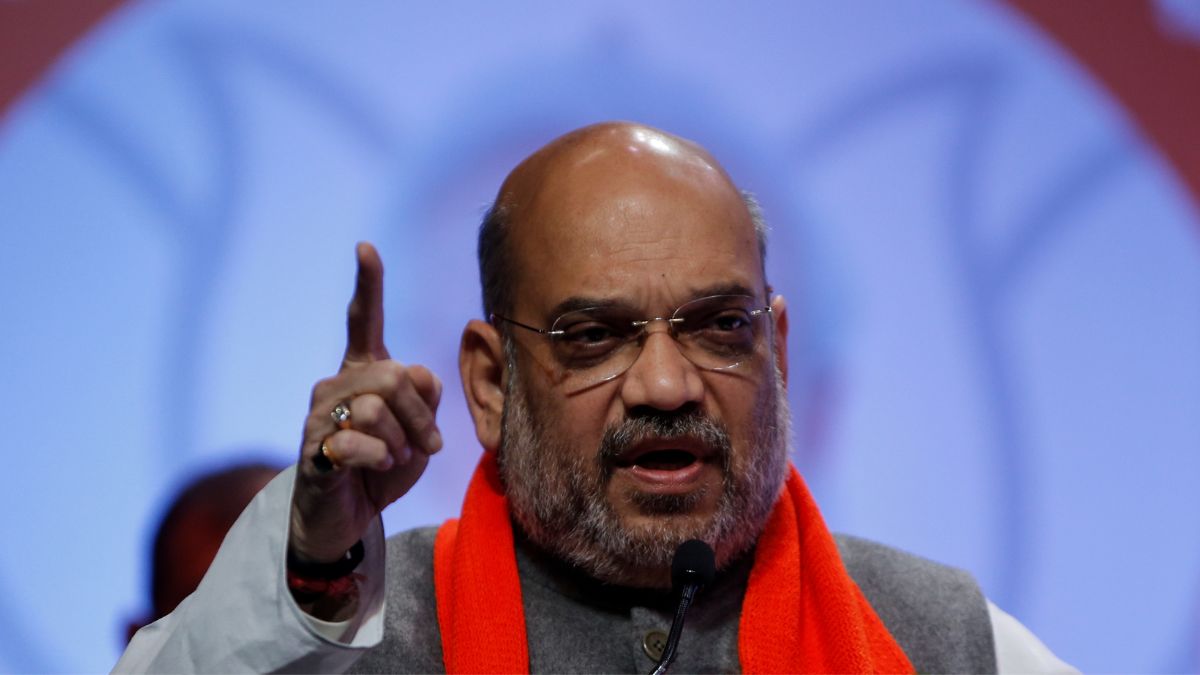Sporadic clashes between the CPM and the BJP-RSS combine in Kerala is nothing new. But when the violence happens to be a direct fall-out of a shameful incident from outside the state, then there is perhaps more to it than meets the eye.
The immediate provocation to the present bout of violence could be attributed directly to the attack on CPM general secretary Sitaram Yechury at AKG Bhavan in New Delhi.
For the CPM, this was perhaps a rude wake-up call before the 2019 general elections. To be attacked at its national headquarters when its politburo was in-sitting wasn’t the gravest of provocations, but rather a slap on its face.
But what has baffled political pundits in the state is the political immaturity shown by a party as seasoned as the CPM in dealing with the fall-outs of such a stage-managed attack. The sloganeering happened in front of a strong regional media, proof enough that the intention was to provoke things elsewhere.
But the CPM still failed to see through the designs of its political opponent. From hurling country-made bombs at a few BJP offices from Thiruvananthapuram to Kazargode, and then by evoking violent response from the saffron party at many places, the CPM was literally playing into the BJP’s hands.
Kerala was once again put through the cycle of hartals, as much as five in the last one week alone, at different districts of the state, with both sides competing to call for it.
Soon the public anger which was focused on the BJP on the evening of 7 June, post the attack on Yechury, shifted focus. The perpetrator soon became the victim, and whatever political mileage CPM was hoping to muster soon eroded over the next few days, to become anger against the ruling party for its failure to guard the law and order in the state.
“You cannot say whether the BJP gained from the violence unleashed by CPM after the Yechury incident. But surely the party lost face before the people, while BJP was successful in making them believe that here is a state administration that will advocate violence and ask its own cadre to be violent,” prominent political analyst A Jayashankar told Firstpost.
The BJP on its part was quick in playing the victim card, and they managed to pull off the act nicely. The attack on its Nemom office on the outskirts of the otherwise peaceful state capital Thiruvananthapuram had much more implications in the eyes of the general public in Kerala than the alleged RSS attack on a CPM office in Kozhikode, a place already strewn with the red party’s bloody politics — it was something the BJP was well aware of.
The resultant one-day strike in the state capital was also intended at magnifying what was perceived to be the violent politics of the CPM before the public eye. BJP’s perception gurus were already playing their PR game to perfection.
“This is State sponsored violence in Kerala. Isn’t it evident that the BJP or RSS had nothing to with the attack on Yechury? It was some fringe organisation that did the mischief. Why then has CPM converted this into an attack by the RSS? The motive behind it is to unleash violence across Kerala and create a volatile situation where no one else can do normal political work,” BJP state spokesperson MS Kumar told Firstpost.
Second mistake
It is here that CPM committed its second blunder. With no proof whatsoever, the party jumped the gun by calling the attack on Yechury an “RSS job”, so much so that some of the Left-leaning dailies and television channels went to town with it, regardless of the fact that the attackers proclaimed themselves to belong to ‘Hindu Sena’, and even the Delhi police substantiating the claim with its findings.
The CPM even rubbished the police version, with Chief Minister Pinarayi Vijayan himself saying the police can hardy be trusted in this matter. “See Amit Shah’s visit, the political violence after that, and the attack on Yechury should all be read together. It is one game plan. That’s when you see the real intentions of the Sangh Parivar or the RSS and the divisive agenda that they are trying to bring in Kerala for electoral gains,” said CPM politburo member MA Baby.
Though there is no proof to substantiate that claim, the turn of events after Amit Shah’s visit to Kerala does indicate that such a move could not be ruled out entirely. Many feel that Shah’s visit was perhaps the starting point of a chain of events where the attack on Yechury and the violence in Kerala are all part of a well-orchestrated political gameplan.
If these speculations were indeed right, many analysts here feel that the CPM too is party to this, by playing along with it in the hope to scoring a few brownie political points. Sources inside the BJP say that a hugely upset Shah had made it explicitly clear at party meetings that he was fed up basking on the “success stories” of increased voteshare and capture of a few local bodies. The BJP president wanted the state unit to realise the target that had been set in front of them and to take realistic efforts to achieve them in the 2019 polls.
The CPM has since been claiming that Shah’s visit had made the situation in Kerala volatile, a claim made even before Shah’s flight took off on its return trip to Delhi. “Amit Shah wants to create a Gujarat here, but that’s not happening. That is why he is upset with the state leadership. He wants to create a communal divide to reap political benefits. But he will only keep dreaming,” CPM state secretary Kodiyeri Balakrishnan said.
The political temperature was certainly rising in the state since Shah left, and the BJP was well aware of it. It was in this context that the attack on Yechury happened. Though BJP denies it, CPM leaders insist it was a orchestrated in order to instigate violence in Kerala.
For CPM, the attack was just the right excuse to unleash its “tried and tested” formula of political violence, say many others. That the party was playing into the BJP’s hands was something they failed to realise till the tables turned against them. “CPM had been on the defensive in Kerala for so many reasons in the last one year. The attack on Yechury helped revitalise the party cadre. You should understand that the CPM always thrives on violence to hold its party together. It’s nothing new for them,” said well known civil liberty activist CR Neelakandan.
BJP’s big push
What the violence in the streets of Kerala did was to give the BJP a victim card to play with. The focus suddenly shifted from Shah’s visit — which was by all yardsticks a damn squib — to once again the violent politics of the CPM.
It is perhaps not the first time that the CPM has missed the BJP’s big game plan in Kerala, by taking the bait on non-existent controversies. Even the notification on cattle sale for slaughter was misinterpreted as a ban on “beef eating” by even the intellectual bigwigs of the Left, with most of them leading protests and conducting beef festivals across the state.
A week later and after a state Assembly resolution denouncing the notification, the matter has hardly struck a chord with the people of the state. On the other hand, Shah’s visit, although it might not show results at the moment, certainly had its clear cut agenda.
Meeting Christian bishops of almost all denominations was a well-crafted move with an eye on 2019, because the BJP knows that to even make an attempt for a few numbers from Kerala to the Lok Sabha in 2019, they would certainly need the backing of the Church, which forms a formidable 19 percent of the total population.
Not just that, the Church could also play a crucial part in the larger picture that has emerged out of the ongoing clashes. Political analysts say that what used to be a CPM-Congress struggle for supremacy in the state over the last many decades is now slowly become a CPM-BJP battle.
With the Congress yet to show any resolve to shrug of its sluggishness post the 2016 Assembly elections debacle, analysts say one should not be surprised if BJP takes over the mantle as the rightful opposition to CPM’s brand of politics.
Many say the signs of this happening are plenty. One is the spill-over of the CPM-RSS duel from Kannur to other parts of the state. That a relatively peaceful and Hindu middle class-dominated Thiruvananthapuram had become the epicenter of this battle recently was also a sure sign of the changing political dynamics in the state.
“This violence has more connotations than just the attack on Yechury. This is a result of the BJP’s claim that its the real counter to the CPM and not the Congress. There is undoubtedly a void which the Congress is creating with its lack of leadership and the BJP’s gameplan could be to fill that. Kerala is witnessing such a churning at the moment,” C Gouridasan Nair, bureau head of The Hindu told Firstpost said.
It is here that political analysts fear that a large scale polarisation campaign could be unleashed in Kerala in days to come. It is very vital for the BJP to attract a major chunk of the Hindu votebank, which forms close to 55 percent of the total population of the state, something which has traditionally been with the Left parties for the past many decades.
The second big chunk being the 27 percent Muslims votes of which the BJP has no hope, as the recent Malappuram by-elections results taught the party.
CR Neelakandan further puts the likely scenario in perspective. “Kerala is slowly changing into a BJP or anti-BJP and CPM or anti-CPM political arenas, with the UDF hardly having any existence. This is the tactics both parties are purposely playing, to ensure they remain the two blocks with their safe zones here. Muslim League will have no option but to tag along with the Left. The crucial factor will be the stand the Church takes. That’s why the BJP is making a mad rush to get the Church on their side,” Neelakandan added.


)




)
)
)
)
)
)
)
)